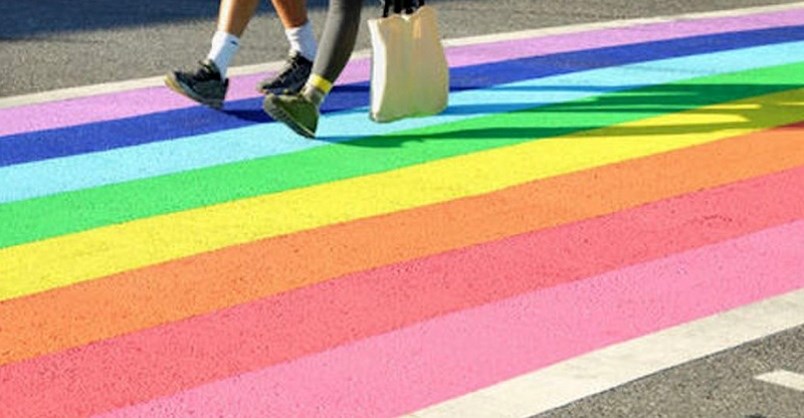It is not unusual for this newspaper to give space to issues that generate a lot of talk in the Tri-Cities. We’ve done it before on other controversial topics and we do it to get the argument out in the open.
This time, The Tri-City News, on the next page, has decided to publish a selection of comments that were posted on our Facebook page about a proposed rainbow crosswalk in Coquitlam and about a planned rainbow crossing in Port Moody, both stories we covered in last week’s editions.
For the most part, the online discourse has been civil, although occasionally — and sadly — it lapsed into homophobia, and we have made an effort to remove comments that did not meet community standards.
But there appears to be a division over this topic.
Some people back a rainbow crosswalk as a gesture of support, arguing it would be a piece of public art that would show the city to be both inclusive and progressive.
Many others are against the idea. They say they are concerned about it being paid for by taxpayers when there are other more pressing priorities, and are not in favour of highlighting one group of people over others.
Some also say they believe it would be an empty gesture because, unlike human rights enshrined in the constitution, crosswalks don’t provide concrete action.
They have a point because some of the more homophobic comments show a current of ugliness lies beneath the Tri-Cities’ patina of civility, a current that demonstrates the need for such symbols.
At the same time, those who support them want to do something to counter this homophobia and bring people who identify as LGBTQ into the mainstream by showing them they’re welcome members of our community.
The Tri-City News unreservedly supports the installation of some rainbow crosswalks — whether the cost is paid by taxpayers or fundraising — even while we worry they might be targeted by vandals.
More than any other reason, we would like to see these crosswalks painted to support LGBTQ youth. These young people often struggle to stay connected in school and are more likely than their straight peers to abuse drugs and alcohol, and to harm themselves. These vulnerable youth will do better in life if they feel acceptance and support from their family, school and community.
Would a crosswalk do that for them? In light of some of the recent debate over this issue, we would hesitate to say, unequivocally, yes. But we would like to see them in our cities.
The first step taken in a rainbow crosswalk in the Tri-Cities would be a good first step.



